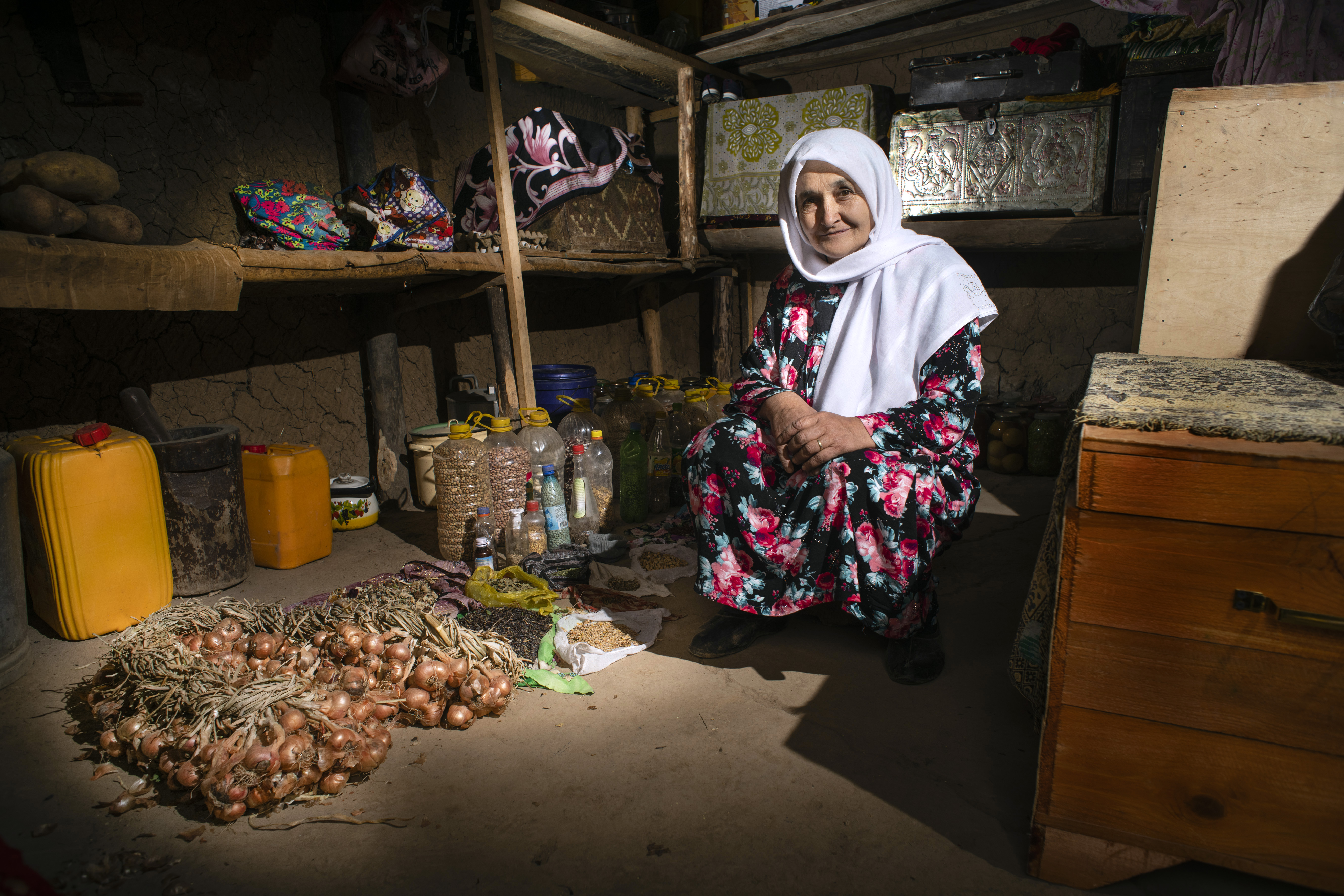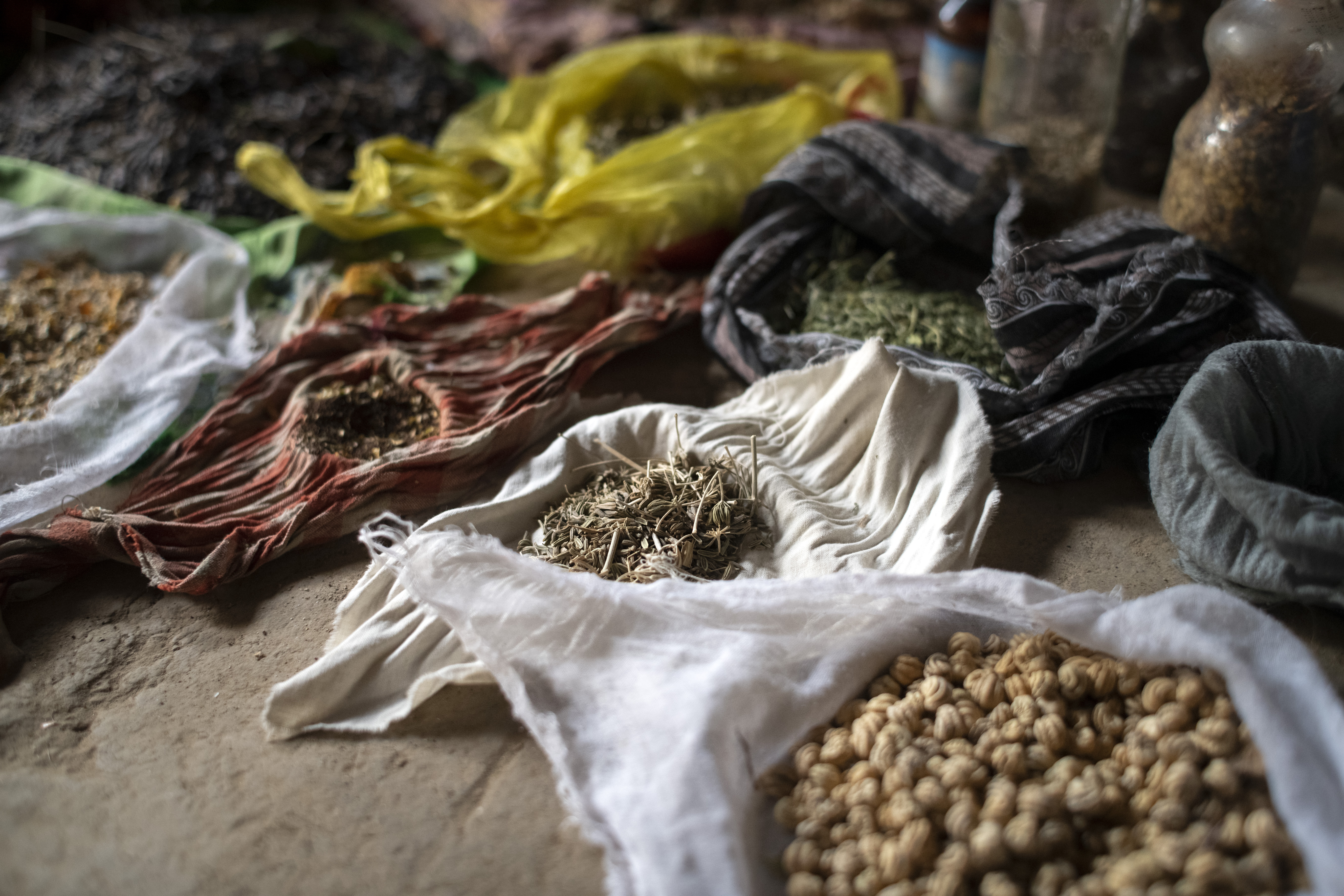


Due to rising demand for hybrid varieties, seeds of local varieties of vegetables and annual crops and have become increasingly unavailable at local markets. The advantage of local varieties is that they stem from open pollination, i.e. their seeds can be reproduced at the village level. However, conserving the purity of the varieties requires constant control. Plants that do not demonstrate the characteristics of the variety should be sorted out.
It is recommended to conserve seeds of local varieties by storing them in local seeds banks. If no seed bank is in place, the establishment of a new one should be supported to ensure the long-term availability of genetic material on site.
Collection, reproduction and exchange of local varieties of seeds is a tradition that some farmers take from one generation to the next. Moreover, the spirit of mutual collaboration among farmers is seen in frequent exchange of seeds for free. Acknowledging the importance of such a practice and supporting farmers in managing seedbanks can ensure that the local varieties are conserved, available to interested farmers and passed on to the next generations.
The custom is such that farmers exchange one type of seeds for another. Often the farmers who are maintaining a community-based seed bank also give the seeds they have for free. This might work in some other countries, with a similar mentality, however, to ensure the sustainability of a community-based seed bank, it could be an option to set a price for the seeds.
Moreover, connecting the community-based small seed banks managed by farmers and bigger institutions such as the National Republican Center for Genetic of Science which have large gene banks, facilitates the exchange of local varieties and landraces between villages and districts as well.